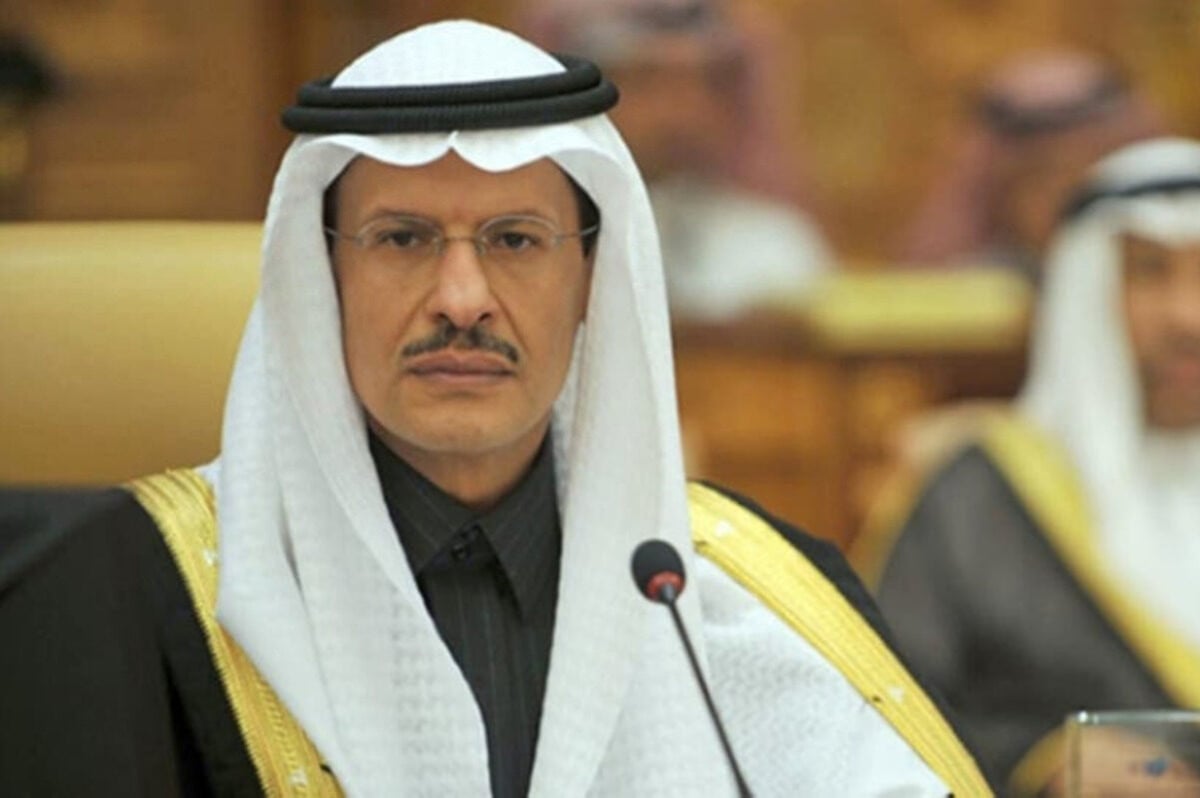Saudi Energy Minister Prince Abdulaziz bin Salman announced that the OPEC+ alliance will take the necessary measures to ensure market stability.
During the two-day OPEC International Seminar held in Vienna, Austria, he explained that OPEC+, which consists of members of the Organization of the Petroleum Exporting Countries (OPEC) and its allies, including Russia, is seeking a new approach to deal with the current market situation.
On Monday, Saudi Arabia announced that it would extend its voluntary production cut of one million barrels per day until August. Additionally, Russian Deputy Prime Minister Alexander Novak stated that Russia would reduce its oil exports by 500,000 barrels per day in August.
Read more: OPEC International Seminar touches on market stability, investment challenges
Prince Abdulaziz bin Salman confirmed that the Kingdom implemented a voluntary oil production cut out of necessity. He explained, “There were concerns as to why Saudi Arabia voluntarily reduced production… The answer is very simple. We had to do it because there was a pressing demand from the market or another necessary expectation that OPEC+ had to address.”
He further remarked, “Consider where we would be today without those actions taken at that time. Our presence and actions have provided reassurance to the market.”
Prince Abdulaziz bin Salman clarified that Russia’s decision to reduce oil exports was also voluntary, not imposed. He emphasized that the coordinated production cut by both Saudi Arabia and Russia showcases the strength of cooperation between the two nations.
He highlighted that Saudi Arabia is no longer the sole, “swing producer,” and that the role now lies with OPEC+, underscoring the ongoing efforts to tackle the challenges facing energy markets.
UAE Minister of Energy H.E. Minister Suhail Al Mazrouei stated that conflicting and unclear information causes volatility in the global oil market. He added, during statements reported by the Emirates News Agency on the sidelines of the conference, that oil-producing countries rely on monitoring the actual market and real oil demand.
He pointed out that the regular meetings of OPEC and OPEC+ always contribute to reducing fluctuations and balancing the markets through cooperation and joint efforts. These countries account for about 40% of global oil production and significantly contribute to market balance and stability.
Al Mazrouei said, “We continuously work through regular meetings to monitor markets and observe real-world variables with the aim of taking effective measures at the right time, which enhance oil market stability and support economic development pathways.”
He considered the additional cuts in oil production and exports announced by Saudi Arabia and Russia earlier this week to be sufficient in assisting market balance.
He affirmed that oil-producing countries have a better understanding of this market than speculators and traders, stating, “We try to reflect the realistic picture of demand-supply balance through data and figures issued by independent sources, providing credibility and balance in decision-making.”
He added that the United Arab Emirates, as a major exporter within the OPEC+ alliance, plays a crucial role in supporting the organization’s efforts and decisions, which serve 8 billion people worldwide who rely on oil and gas. This includes commitment to voluntary oil production cuts that contribute to market stability.
The total production cuts currently exceed 5 million barrels per day, which is about 5% of the world’s total oil production of approximately 100 million barrels per day.
For more news on energy, click here.








